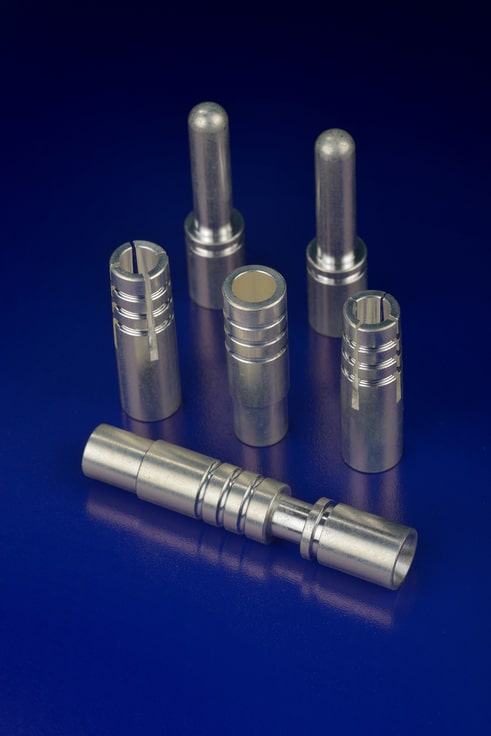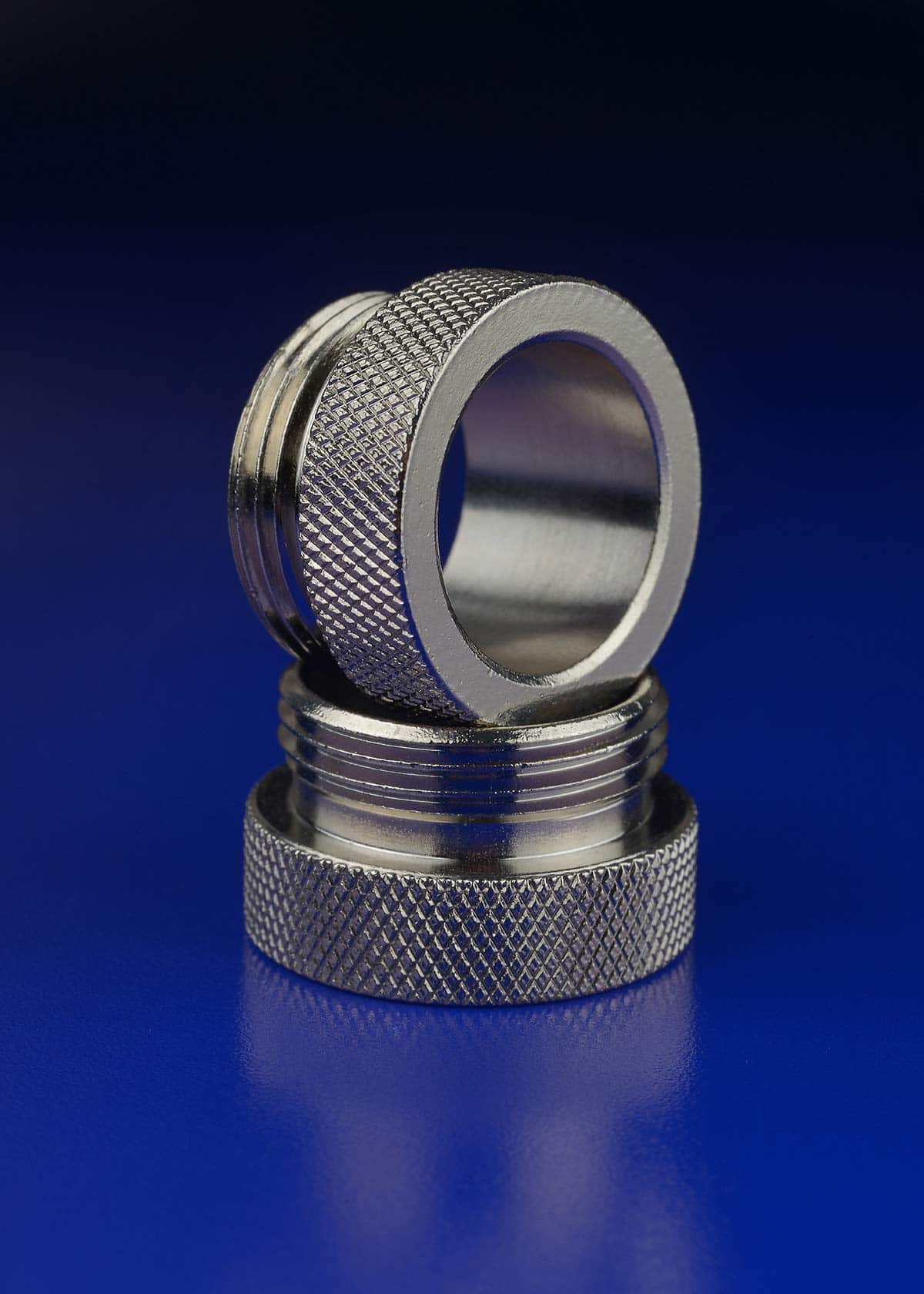When it comes to fastening a metal piece to another of the same or similar alloy, there are several options to consider. For some applications, a simple bolt and nut option is the most effective, but this requires access to both sides of the mated piece as well a the base piece.
Additionally, the use of traditional bolt and nut fasteners will result in protrusions, either the head of the bolt or the nut, on both sides of the attached metal. For operational, practical as well as aesthetic reasons this is often not desirable or possible.
The solution to this to use weld studs. Stainless steel threaded studs are often the go-to option and offer a long lasting, durable option for quick mating of different types of metal components for everything from manufacturing of appliances and utensils to the construction of marine vessels and buildings.
The Benefits
The obvious benefit to stainless steel threaded studs is the corrosion resistance and long life cycle these fasteners provide. While there are options in special alloys and superalloys that have additional corrosion resistance properties, stainless steel provides the life cycle and resistance required for the vast majority of applications.
Using the stud welding process makes that the exterior side of the base metal if left unmarred by the drawn arc or capacitor discharge welding process, leaving a smooth, unblemished surface. This also means there is no need to drill holes through the base metal, an important consideration for many types of jobs.
Finally, the use of stainless steel threaded studs also means that the mated pieces can be of different thicknesses and still work with the same stud. This is particularly applicable to the fully threaded studs that allow the nut to be snugged down to the desired level all along the length of the stud.



